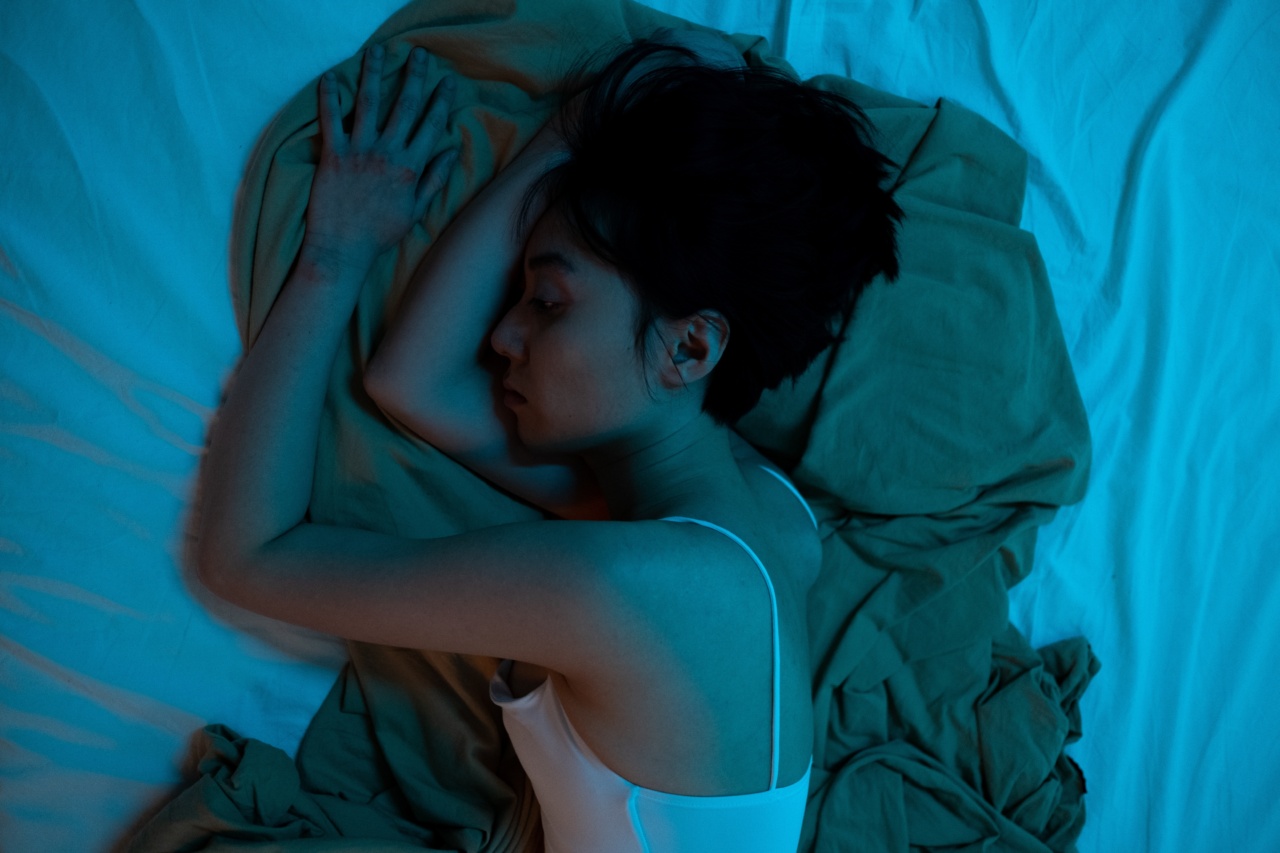Depression and insomnia are two distinct disorders that can have serious effects on a person’s mental and physical health.
Both are common, with depression affecting over 264 million people worldwide and insomnia affecting between 30% and 50% of the general population at some point in their lives. While they may seem unrelated, research has shown that there is a strong link between depression and insomnia.
What is Depression?
Depression is a mental health disorder that is characterized by feelings of sadness, hopelessness, and a loss of interest in normally enjoyable activities. Depression can affect anyone regardless of age, gender or socioeconomic status.
It can impact a person’s ability to work, socialize, and carry out everyday tasks. Depression symptoms range in severity and can be mild, moderate, or severe. Some of the most common symptoms of depression include:.
- Feelings of sadness
- Loss of interest in activities
- Changes in appetite and sleep patterns
- Fatigue or low energy
- Difficulty concentrating
- Feelings of worthlessness, guilt or hopelessness
What is Insomnia?
Insomnia is a common sleep disorder that is characterized by difficulty falling asleep, staying asleep or both. Insomnia can occur at any age and can be acute or chronic.
Acute insomnia typically lasts for a few days or weeks, and can be caused by stress, anxiety or other life changes. Chronic insomnia lasts for months or years and can have a more significant impact on a person’s health and well-being. Some of the most common symptoms of insomnia include:.
- Difficulty falling asleep
- Waking up frequently during the night
- Waking up too early in the morning
- Feeling tired upon waking
- Daytime sleepiness or fatigue
- Difficulty concentrating or remembering things
The Link Between Depression and Insomnia
Depression and insomnia are often co-morbid, meaning they occur together. In fact, approximately 75% of people who have depression also experience symptoms of insomnia. The link between depression and insomnia is complex and multi-faceted.
Both disorders can cause and exacerbate each other, resulting in a vicious cycle that can be difficult to break.
Depression and Insomnia: Cause or Effect?
It is unclear whether depression causes insomnia, or vice versa. Some researchers believe that the relationship between the two may be bidirectional.
Depression can cause changes in neurotransmitter activity that disrupt sleep, while insomnia can lead to fatigue, difficulty concentrating and other symptoms that can exacerbate depression. However, other researchers believe that depression may be the primary cause of insomnia, as depression can lead to changes in sleep patterns and an increased incidence of nightmares.
The Impact of Depression-Related Insomnia
Depression-related insomnia can have a significant impact on a person’s quality of life. Insomnia can cause feelings of fatigue, irritability, and difficulty concentrating.
These symptoms can make it harder to manage depression and can lead to an increased risk of suicide. Additionally, insomnia can impair a person’s ability to function in their daily life, impacting work, school and social relationships.
Treatment for Depression-Related Insomnia
Treatment for depression-related insomnia usually involves a combination of therapy and medication. Therapy can help individuals learn coping mechanisms for managing stressful thoughts and anxiety that can keep them up at night.
Medication can help regulate neurotransmitter activity and promote natural sleep. Antidepressants and sedatives may be prescribed to help individuals manage both conditions. Other treatment options can include sleep hygiene practices, such as avoiding electronic devices before bedtime and limiting caffeine intake.
Exercise and relaxation techniques, such as yoga and meditation, can also help improve sleep quality.
Living with Depression-Related Insomnia
Living with depression-related insomnia can be challenging, but there are things that individuals can do to manage their symptoms. These include:.
- Establishing a consistent sleep routine
- Avoiding electronic devices before bedtime
- Avoiding caffeine and alcohol
- Exercising regularly
- Managing stress through therapy or relaxation techniques
- Using sleeping aids prescribed by a doctor
Conclusion
Depression and insomnia are complex disorders that can have serious effects on a person’s health and well-being. The link between depression and insomnia is multi-faceted.
While the relationship between the two is not entirely clear, it is clear that addressing both disorders simultaneously is crucial for a better quality of life. Seeking treatment from a healthcare specialist can help individuals manage both disorders and improve their overall health and well-being.






























